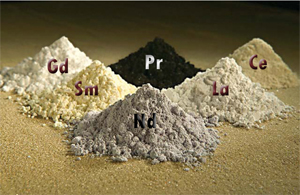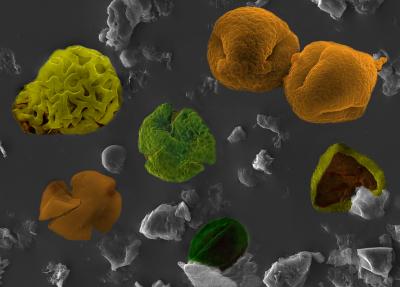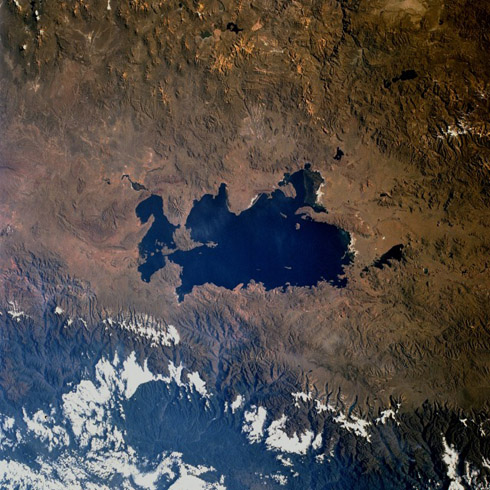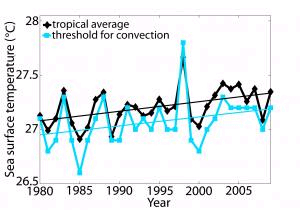Shrubby Crops Can Help Fuel Africa’s Green Revolution

Rotating corn with shrubby legumes holds a key for fueling Africa’s green revolution. Image credit: Michigan State University
EAST LANSING, Mich. — Crop diversification with shrubby legumes mixed with soybean and peanuts could be the key to sustaining the green revolution in Africa, according to a Michigan State University study.
The study, which appears in the Nov. 22 issue of the Proceedings of the National Academy of Sciences, states that diversifying crops would boost production of nutrient-enriched grain by 12 percent to 23 percent, said Sieglinde Snapp, a crop and soil scientist at Michigan State University’s Kellogg Biological Station who led the study. (more…)




